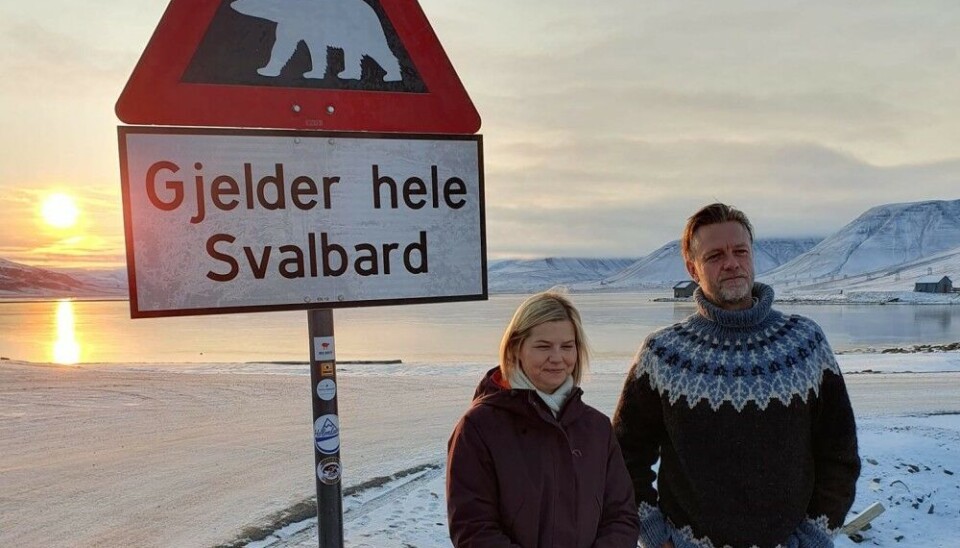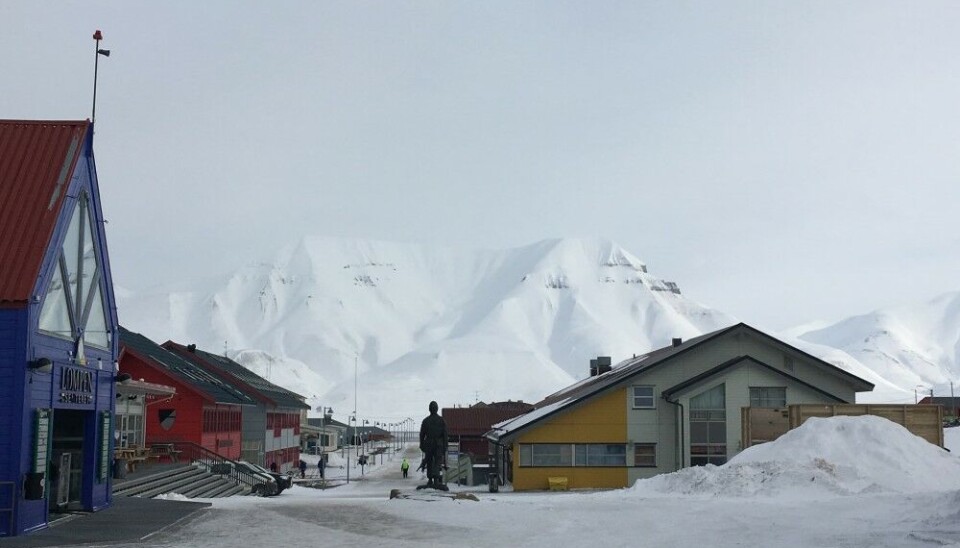
Local elections in Svalbard are held for the first time with new restrictions for foreigners
On a day of victory for the Venstre party, some residents held a protest against new voting rules for non-Norwegian citizens residing in Longyearbyen.
This Monday, October 9th, local elections were held in the capital of Svalbard - Longyearbyen. The Norwegian town, which is one of the most northerly communities in the world, was electing its local council.
According to the final results, the Liberal Party - Venstre - were the winners, receiving a significant majority of the votes.
Terje Aunevik, Venstre’s first candidate, will become responsible for the school and kindergarten, and energy and water supplies, among other things.
One of the reasons for his party’s victory, Terje sees, was his team’s drive towards more sustainable energy production on the island, shifting away from coal towards zero emissions.

“We at Svalbard are aiming for a more sustainable energy production. - Terje told to The Barents Observer, - I think people in Longyearbyen understood that we have been keen on having a very open process and that we should do the groundwork. Because it has been a bit of a speedy and rapid process, people are a bit scared of the price, the security, and the effects of it. Our party has done a good job there”.
The local council consists of 15 persons, with Venstre now set to hold a majority of the seats. Of the 1,420 eligible voters in Longyearbyen this year, a total of 808 (56.9%) voted, with 353 for Venstre.
However, one-third of the residents of Longyearbyen were excluded from this latest election due to recently introduced restrictions - a move that has sparked controversy among the local population.
Protest
New rules imposed by the Justice Ministry in 2022 changed the voting rights of non-Norwegian citizens living in Longyearbyen. In order to vote or stand for election on the local council in Longyearbyen, there is now a requirement for three years of residence in a Norwegian mainland municipality. Previously anyone who had lived in Svalbard for three years was considered eligible for voting.
The Ministry explained the change with this statement:
“When the local government was introduced (2002), the majority of the population in Longyearbyen had connections to the mainland. In recent years, however, there has been a significant influx directly from abroad, since immigration legislation does not apply to Svalbard. Connection to the mainland helps ensure that those who manage this community at all times have good knowledge and understanding of Svalbard’s policy and the framework that applies to Svalbard.”
“I don’t understand their thinking”, Christiane Huebner, a scientific coordinator from Germany, who has been living in Longyearbyen for twenty years, told The Barents Observer. “So people that have been contributing for 20 years in the community here, that have been voting earlier, or were part of the local government, they suddenly cannot vote anymore”.
In reaction to these new rules, Christiane and other activists initiated what they called a “silent protest”. On the day of the vote on October 9th outside a voting station on the street, activists displayed silhouettes of human steps.

Each step was placed there by an individual who also wrote a personal message on it. Here are some of their words on display: “I have been making your food since 2017”, “9 years on the island. Have a Norwegian company with 5 employees”, “Local for 15 years - I have voting rights in Trondheim but no longer here!”, “19 years on Svalbards. Will rescue you from a snow avalanche”, “21 years in Longyearbyen. Elected member of the local council”.
Some see the controversy not only in the new rule itself but in the fact that those who used to have voting rights in Svalbard, don’t have them anymore. Losing something that you used to have feels more painful for some.















